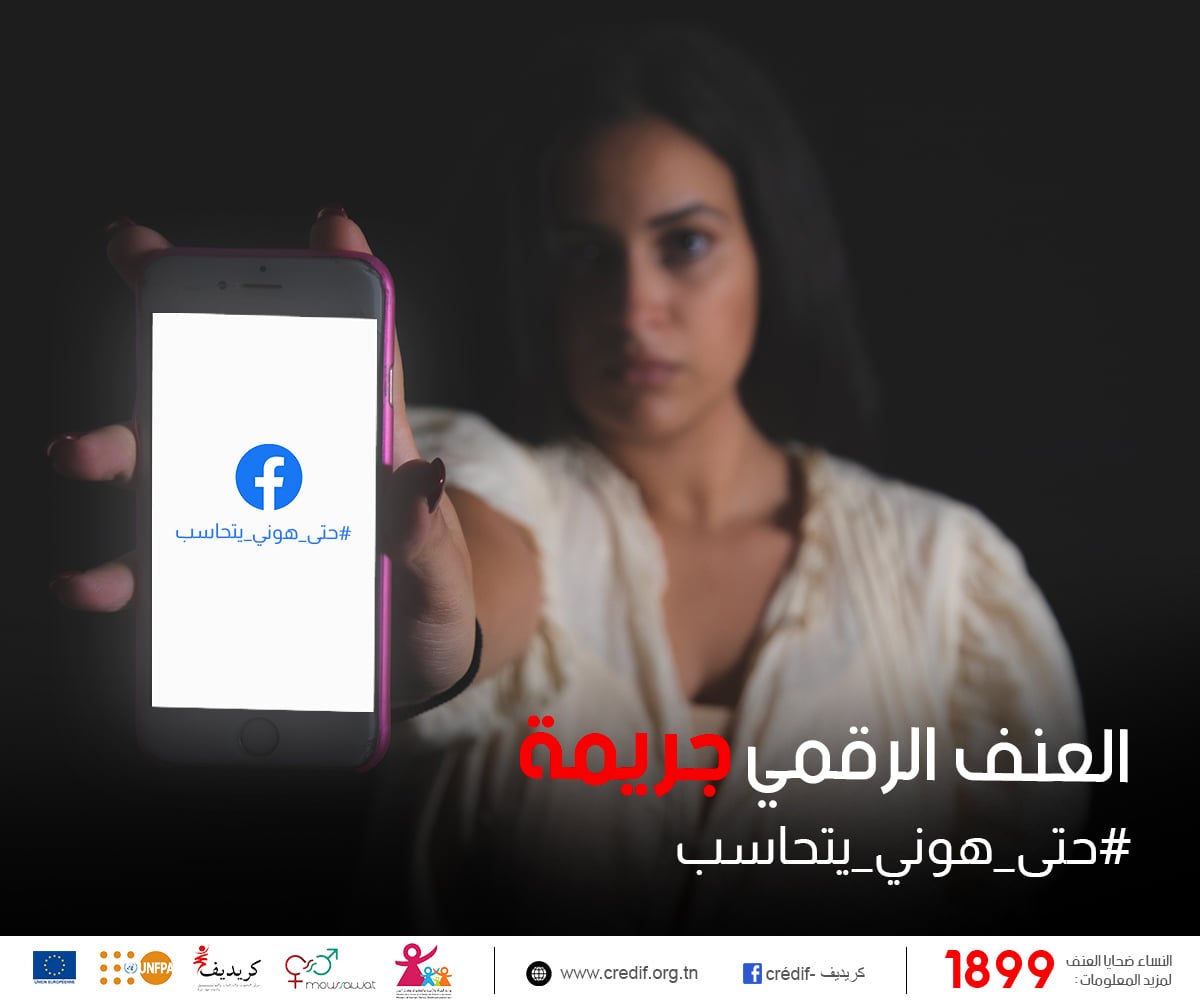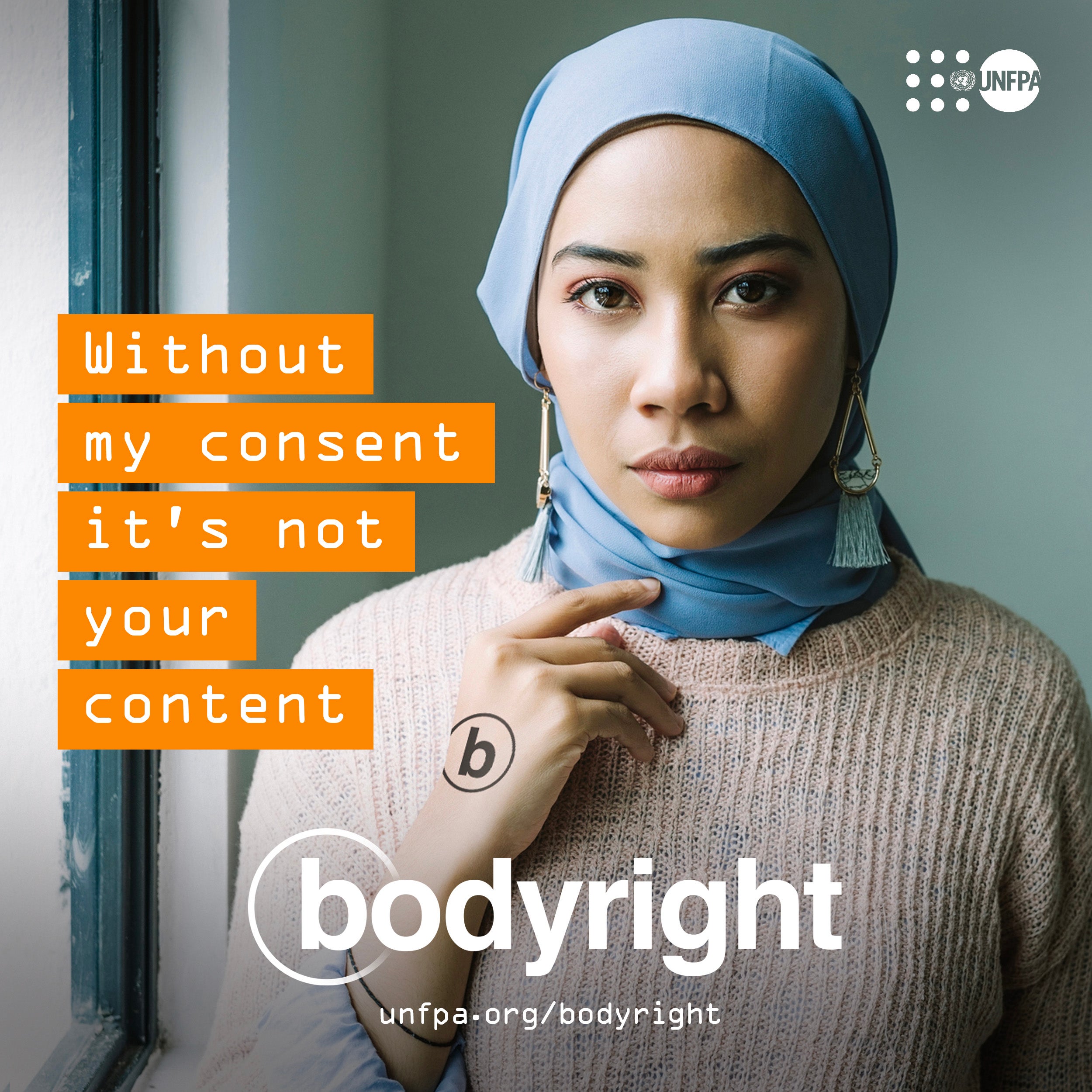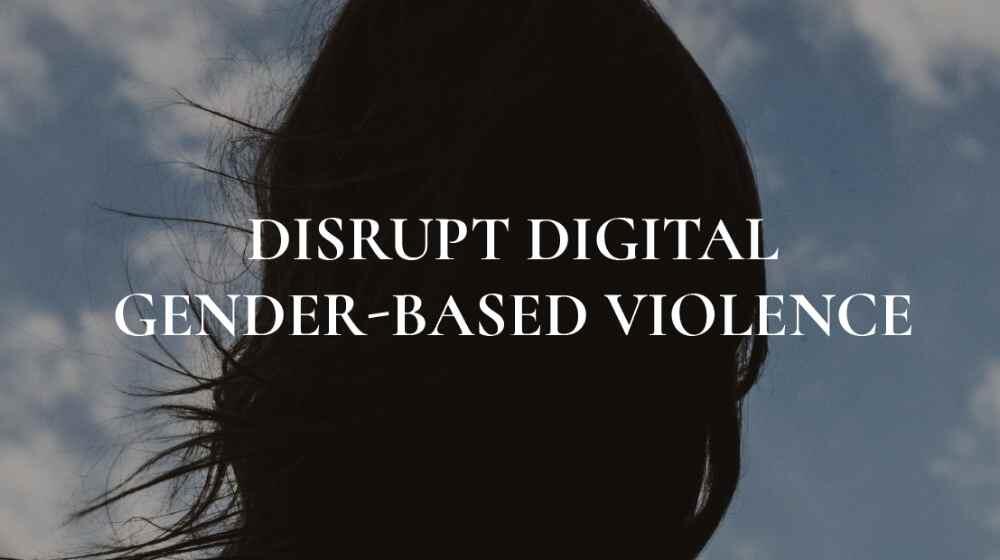Digital violence against women and girls is as serious and destructive as violence in real life.
It's virtual but with real consequences. Online violence is a public health issue with detrimental effects . It results in physical, sexual, psychological or economic harm, and erodes self-esteem. Digital violence against women and girls is as serious and destructive as violence in real life.
“I thought of suicide so my and my family’s reputation and that of my family wouldn’t be ruined” said Siham* from Yemen.
Across their lifetime an estimated one in three women are subjected to physical or sexual violence globally an intimate partner or sexual violence from a non-partner – a number that has remained largely unchanged over the past decade. Yet, the global prevalence of digital violence against women and girls is 85%, including women who have personally experienced it or witnessed it against other women.
Digital violence is devastatingly rampant, pervasive, borderless and often anonymous. Technology-facilitated gender-based violence targets all women and girls who use technology. Certain groups of women are at a higher risk because of what they do, who they are or if they access certain information and services. This includes journalists, politicians, women activists and feminists, academics and young girls.
While we know that a lot of digital violence is happening, we do not yet know enough about it. To stop it, we need to define and measure it. We must better understand what forms it takes, what impact it has, and what works to respond to and prevent it. Below are five forms of digital violence that we need to be aware of;
Cyberstalking
Cyberstalking is the use of technology to stalk and monitor someone’s activities and behaviours in real-time or historically. It is usually seen as an extension of offline stalking, using technological tools, and it involves a set of unwanted, repetitive, intrusive, threatening and harassing behaviours, which in some instances are seen as a relatively normal relational or dating practice. “ My ex husband knew my Facebook password and read my messages with relatives and friends. Whenever I received a male friend request, he would accuse me of having a relationship with this person or wanting one, which was not true.” Said Zehra* a survivor of digital violence.
Cyberstalking involves, for example, monitoring or tracking a person’s location and/or activities using GPS trackers, spyware, cameras and microphones, and location-based dating apps, checking email, call or message histories, as well as monitoring a person’s social media profiles.
Hacking
Hacking is the use of technology to gain illegal or unauthorized access to systems or resources for the purpose of acquiring personal information, altering or modifying information, or slandering and denigrating the survivor and/or violence against women’s organizations.
“ When I was 23, someone hacked my Facebook account, and created an account on a pornighray website using my name and photoshopped my face from facebook onto naked bodies” Said Belkis* a digital violence survivor from Tunisia “ I felt like a cheap girl. I could not sleep. I could not focus on my studies. It was mentally hectic” she added.
Doxxing
Doxxing is the non-consensual disclosure of personal information. It involves the public release of private, personal, sensitive information, such as home and email addresses, phone numbers, and family member’s contact information. It often leads to further online and physical harassment, such as receiving large amounts of abusive messages and threats by email, phone or post.
Image based-abuse
Image based- abuse is the use of imagery, often sexual in nature, to objectify, exploit, humilate or harass. It includes non-consensual sharing of intimate imagery, which has become a widespread problem in various parts of the world. Sharing photos and videos are practiced by almost everyone on the internet, it helps us connect with our families and friends yet intimate photos are being used as weapons or tools against women and girls.
“ He asked me to share with him photos and videos of me not wearing my veil or abaya, which I did because I trusted him. But when I decided not to meet him again, he threatened me to share my photos online” said Siham* a digital violence survivor from Yemen.
Revenge Porn
Revenge porn is also a form of Image-based Abuse which is to the distribution of sexual or pornographic images of individuals without their consent. Spreading private and intimate photos of women and girls without their consent could destroy their reputation and relationships with others. Not only this but it could significantly affect their mental health and well being.
“He asked me to take off my clothes. I didn't realize he was recording the video call. Then i knew that he shared the videos with his friends, and his friends shared it with my parents” said Rasha* a digital violence survivor from Palestine “my father told me i could never leave the house or even go to school.” she added
Online harassment
Online harassment encompasses a range of unwanted, unwelcome, or unauthorized behaviors, sexual in nature. It is a repeated conduct that threatens, scares or abuses someone by sending degrading, offensive or insulting comments or images.
“He started threatening and blackmailing me, if I didn't go out with him and his friends, if I didn't give into his desires, he would post my photos and videos online,“ said Siham* a digital violence survivor from Yemen.
Till criminals get penalized
UNFPA is working to understand how technology-facilitated violence manifests and in making all spaces safe and free from violence. UNFPA work to end all forms of gender-based violence wherever it is perpetrated – which is increasingly online.
In Tunisia, UNFPA, in partnership with the Centre for Research, Studies, Documentation and Information on Women (CREDIF) launched a campaign ‘Even here he will be prosecuted he will be indicted even here’ (translated literally from Tunisian Dialect) as part of its programme ‘Moussawat’ (equality). The awareness campaign addresses digital violence against women and girls to create an online solidarity network through mobilize mass media, raise public awareness and knowledge of and find prevention and protection ways.

bodyright: A new copyright to protect the human body online

On the global level, UNFPA has launched the ‘bodyright’ campaign. Bodyright is a new ‘copyright’ mark to assert and demand protection from digital violence. The core of this online and social media campaign is to drive tech companies and policymakers to take the violation of human rights and protecting bodily autonomy online as seriously as they take copyright infringement.
*Names and identifying details have been changed for privacy and protection


